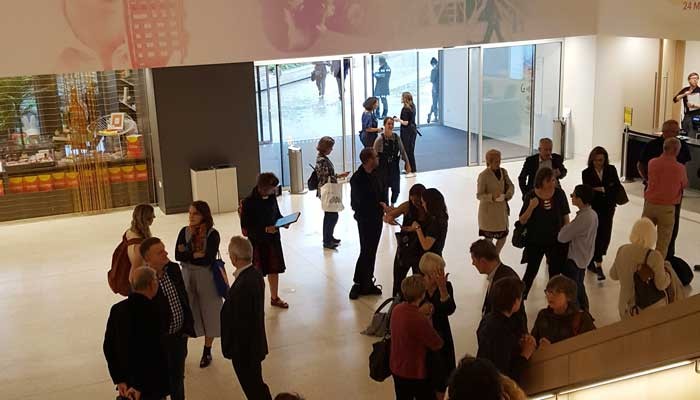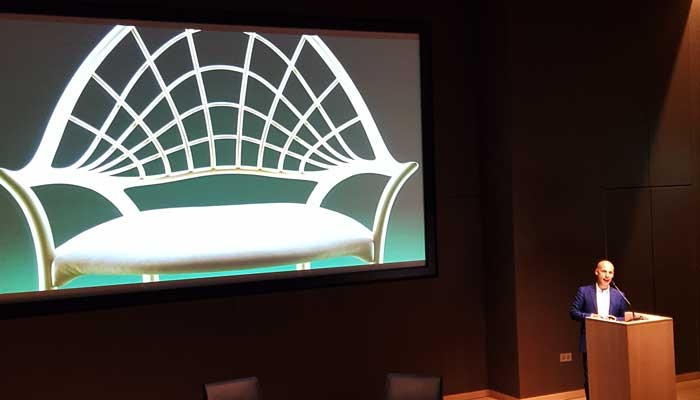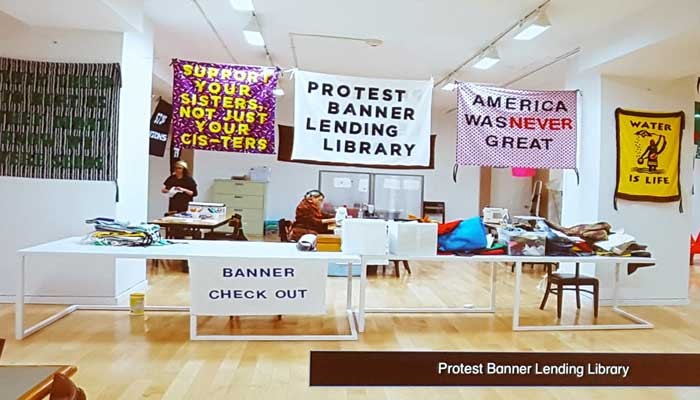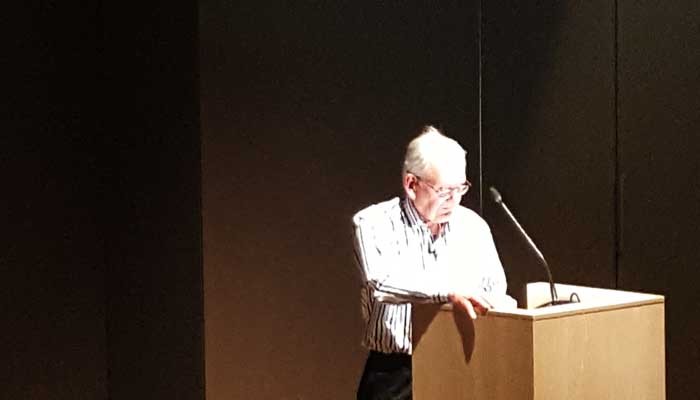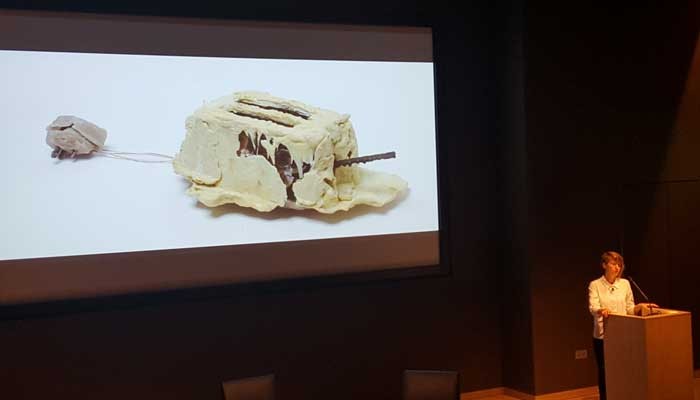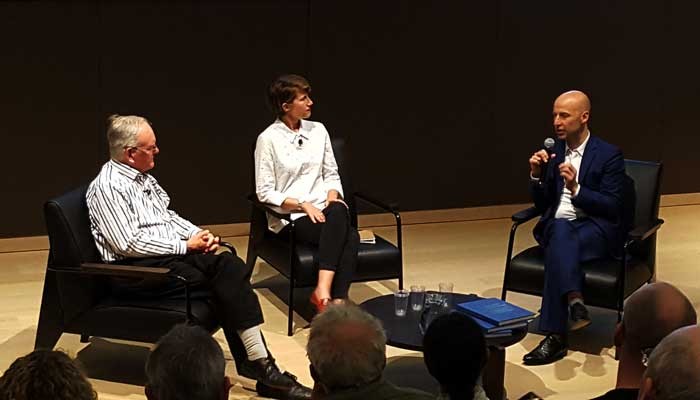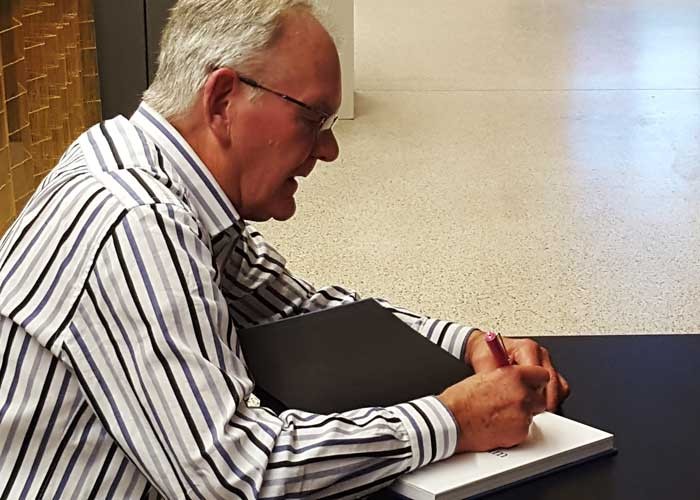Parnham & the Matter of Making
This week I had the pleasure of attending Parnham & the Matter of Making at the Design Museum which boasted an esteemed line-up of speakers including John Makepeace (OBE), Glenn Adamson and Catharine Rossi in a talk about the importance of making, design and the future of craftsmanship.
Before I introduce the topics covered in this interesting talk I would like to share the wonderful reading list provided by the speakers:
Beyond Parnham by John Makepeace OBE
Thinking Through Craft by Glenn Adamson
Crafting Design in Italy by Dr Catherine Rossi
The Craftsman by Richard Sennett
The sold out audience at Parnham & the Matter of Making moved from the foyer into the Bakala auditorium where we were warmly welcomed by the Design Museum’s Public Programs Curater, Sumitra Upham. Sumitra provided an insight into each of the speakers:
John Makepeace, winner of the 2016 Prince Philip Designers Prize, has self published ‘Beyond Parnham’– an exclusive 180-page book detailing Parnham College’s innovative vision and cultural legacy, revealing highly personal reflections from the designer-makers and esteemed tutors who trained them.
Glenn Adamson is currently curating Beazley Designs of the Year, a snapshot of the very best in innovative and contemporary design from the past year, which will open on the 18th October and run until January 2018.
Dr Catherine Rossi is the Senior Lecturer in Design History at Kingston University, as well as a widely published design historian, publications include Crafting Design in Italy: from Postwar to Postmodernism, “From East to West and Back Again: Utopianism in Italian Radical Design” in Andrew Blauvelt (ed.), Hippie Modernism: The Struggle for Utopia, Architecture Goes Disco and ‘Italy: The New Domestic Landscape.
Sumitra Upham introduced the evenings first speaker, Glenn Adamson, who discussed the unprecedented arrival of the digital era and how society has embraced the de-materialisation of our daily lives. Challenging the view that craftsmanship is ‘backward looking traditionalism’ Glenn stated that ‘Craft is literally the fuel which goes into the engine of innovation.’ Glenn continued to provide examples of forward thinking pieces, each demonstrating ‘centuries of knowledge embedded in the body of the piece.’
Glenn concluded with a sneak peak into Beazley Designs of the Year which this year focuses on materiality, which has in turn created a great emphasis on craftsmanship. The exhibition will include political craft such as the Protest Banner Lending Library which allows all participant, those there on the day and those who craft the banners, to have a role in the demonstration.
John Makepeace began his presentation by thanking Glenn before addressing how designers will benefit from new digital competency. John used Edward Barnsley’s initial reluctance to use machinery in the making of his pieces, moving away from his Arts & Crafts heritage, to illustrate how extreme craftsmanship embraces every bit of knowledge and skill available at the time.
Catherine Rossi addressed a number of key topics from the implications of the dramatic drop in the number of school students doing design and technology, to Thomas Thwates RCA work, where he manually made a toaster entirely in the UK and the restrictions he was presented with. Key to Catherine’s presentation was the individual behind the work, the importance of wellbeing including work and pay conditions. Whilst addressing the concern of the effects of technology on the future of craft Catherine explained that this was not a new concern, craftsmanship has always remained essential, and that the increased capabilities of digital technology only moves the value of craftsmanship into the spotlight.
Following each speakers presentation they moved to sit in more comfort (enjoying Jean Prouvé’s Fauteuil de Salon chairs) to discuss digital technology vs craftsmanship. John Makepeace gave examples of how digital technology and craftsmanship fit together, releasing digital potential, suggesting that interesting examples of new digital capabilities can be found within engineering where ‘wood can drag it’s feet.’ John expressed concern over the high cost of digital technology and that he hoped that this would not encourage craftsmen to ‘revert to hand tools’.
It was fascinating to here John speak of his excitement in what digital technology is capable of, especially when he referenced pieces from his own workshop which were originally crafted by hand but if repeated would benefit from using new technology.
Following the talk the audience were offered the opportunity to ask questions followed by a book signing.
If you missed this talk and wish to read more about John Makepeace please follow this link: September 2017 marks 40 years since Parnham College first opened its doors to students, founded by John Makepeace OBE, this educational phenomenon turned current design and woodcraft pedagogy on its head, creating a seismic effect across international contemporary design ever since.
We would love to hear your opinion on any of the topics covered in ‘Parnham & the Matter of Making’ please leave your comment below or tweet us @DesignInsider1





